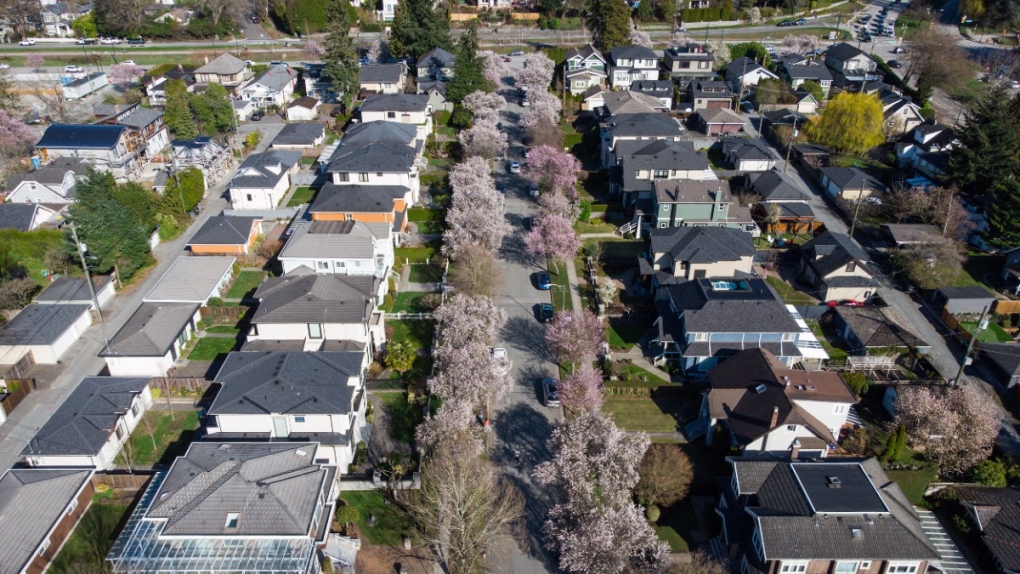
Here's how the last BoC rate hike affected home sales in different markets
CTV
An analysis of early housing market reports shows the Bank of Canada's last interest rate increase affected buyers differently across the country, with home sales falling in some cities while rising in others.
An analysis of early housing market reports shows the Bank of Canada's last interest rate increase affected buyers differently across the country, with home sales falling in some cities while rising in others.
A report released Friday by economists at RBC says the June interest rate hike, as well as an expected increase next week, resulted in situations where buyers "retreated" in cities such as Toronto, Hamilton, Ottawa and Vancouver but "remained undeterred" in Calgary, Edmonton, Montreal and B.C.'s Fraser Valley.
The economists also point to "strong price gains" in Toronto, Vancouver and other parts of Ontario and B.C. this past spring as having possibly "spooked some buyers."
"The good news is that supply is continuing to rise. We estimate that more homes became available for sale in every major market last month," the report from RBC assistant chief economist Robert Hogue and economist Rachel Battaglia said.
"That came on the heels for sizable broad-based increases in May. So far the growing supply hasn't done much to ease (recently re-emerged) upward price pressure. But if sustained, we would expect the pace of property appreciation to slow in the coming months."
The report comes after RBC published another report in late June that found home ownership, according to the bank's metrics, has become slightly more affordable but is still a major issue.
In June, the Bank of Canada raised its overnight rate by 25 basis points to 4.75 per cent, its first increase since pausing hikes in January. One basis point is equal to one-hundredth of one per cent.
